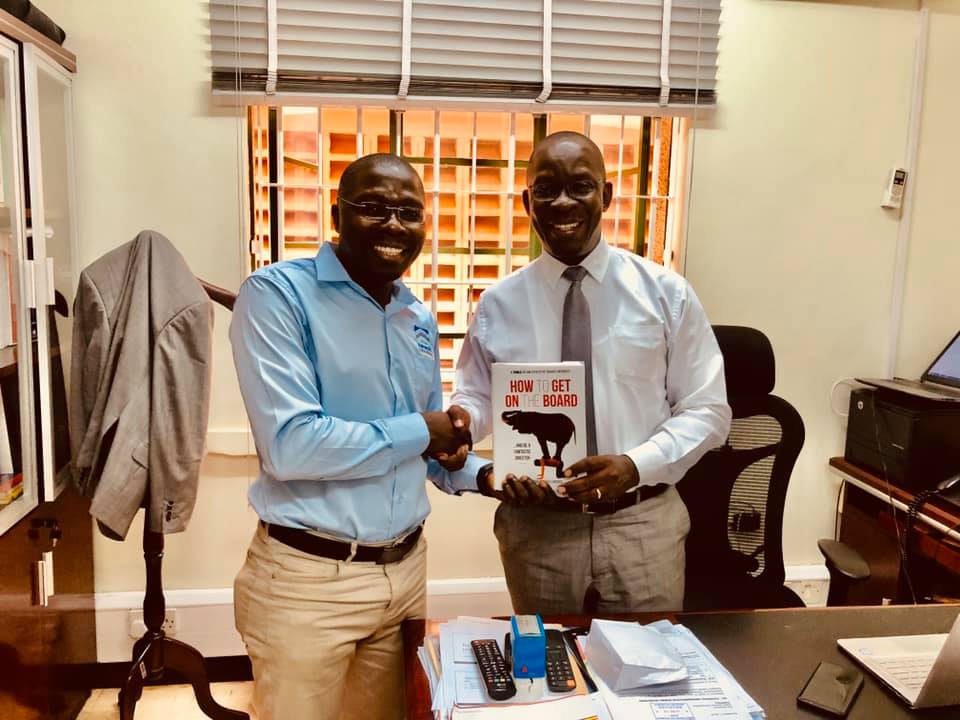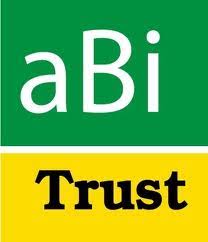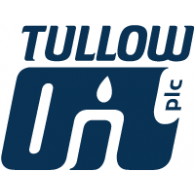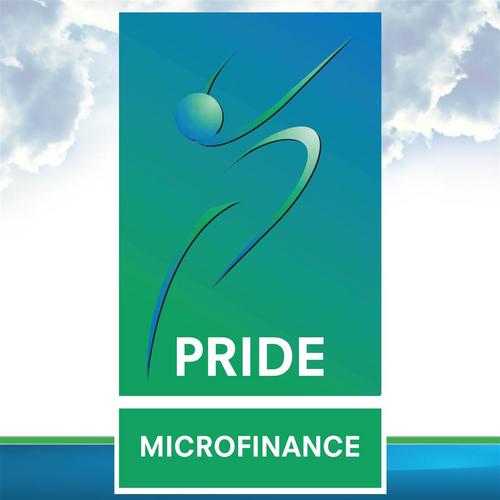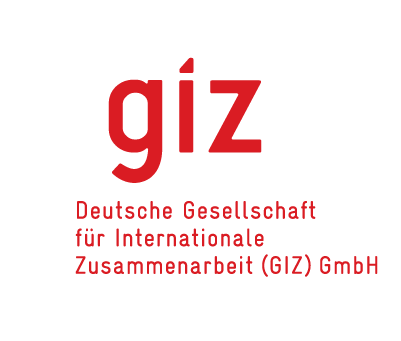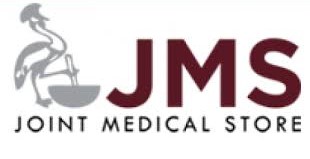
Board structure for effective committee intersection and oversight tool
I have observed that many boards are inefficient because committees operate perfectly in isolation. After years of evaluating boards across financial institutions, manufacturing firms, and state entities, one pattern repeats, Audit reviews controls, Risk reviews exposure, and Credit review portfolios. Nomination and Governance reviews succession. Each reports upward. Few connect sideways. On paper, everything looks covered. Under stress, gaps appear. The Board Committee Intersection & Oversight Alignment Map is designed to expose those gaps before a crisis occurs. It forces clarity on ownership, joint accountability, escalation triggers, incentive alignment, and capability gaps. It makes visible where oversight overlaps, where it fragments, and where it quietly disappears. This is not another template but a living document to help you transform your board. It is a pressure test for board setup. Use it once, and you will see whether your committees truly integrate or merely coexist. Integration is not automatic; it must be engineered. I developed the Board committee intersection and oversight alignment map to ensure that enterprise risks are integrated across committees and aligned with strategy, capital, incentives, and capabilities. Use this tool to stop board committees from operating in silos. What does each Column entails? a) Linked Strategic Objective. Prevents risk discussions from floating outside the strategy. b) Financial Impact Exposure. Quantifies seriousness. Stops cosmetic reporting. c) Primary Committee Owner. Removes ambiguity. One owner, not three spectators. d) Required Joint Committee(s). Forces formal intersection. If blank, challenge it. e) Reporting Cadence. Prevents “annual ritual” oversight. f) Early Warning Indicator. Moves board from lagging to leading metrics. g) Escalation Trigger. Defines when discussion shifts from committee to full board. h) Board Capability Gap. Forces Nomination & Governance Committee to assess skills. i) Incentive Link. Tests whether management rewards align with risk exposure. How do I use this during board retreats? Divide directors into cross-committee groups. a) Assign two risks per group. b) Force them to complete all columns. c) Reconvene and challenge assumptions. This helps move the discussion from “who covers this?” to “who owns the consequence?” Winning boards do not just assign oversight. They engineer integration. That is the difference between structure and governance. If no intersection exists, you have a silo. Silos rarely announce themselves that exposes you under stress. If this feels familiar, commission an independent board evaluation. Integration does not happen by goodwill. It happens by design. I remain, Mr. Strategy


